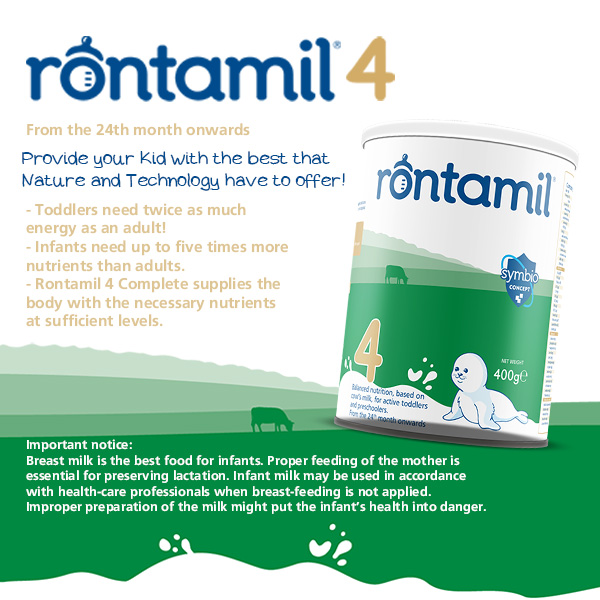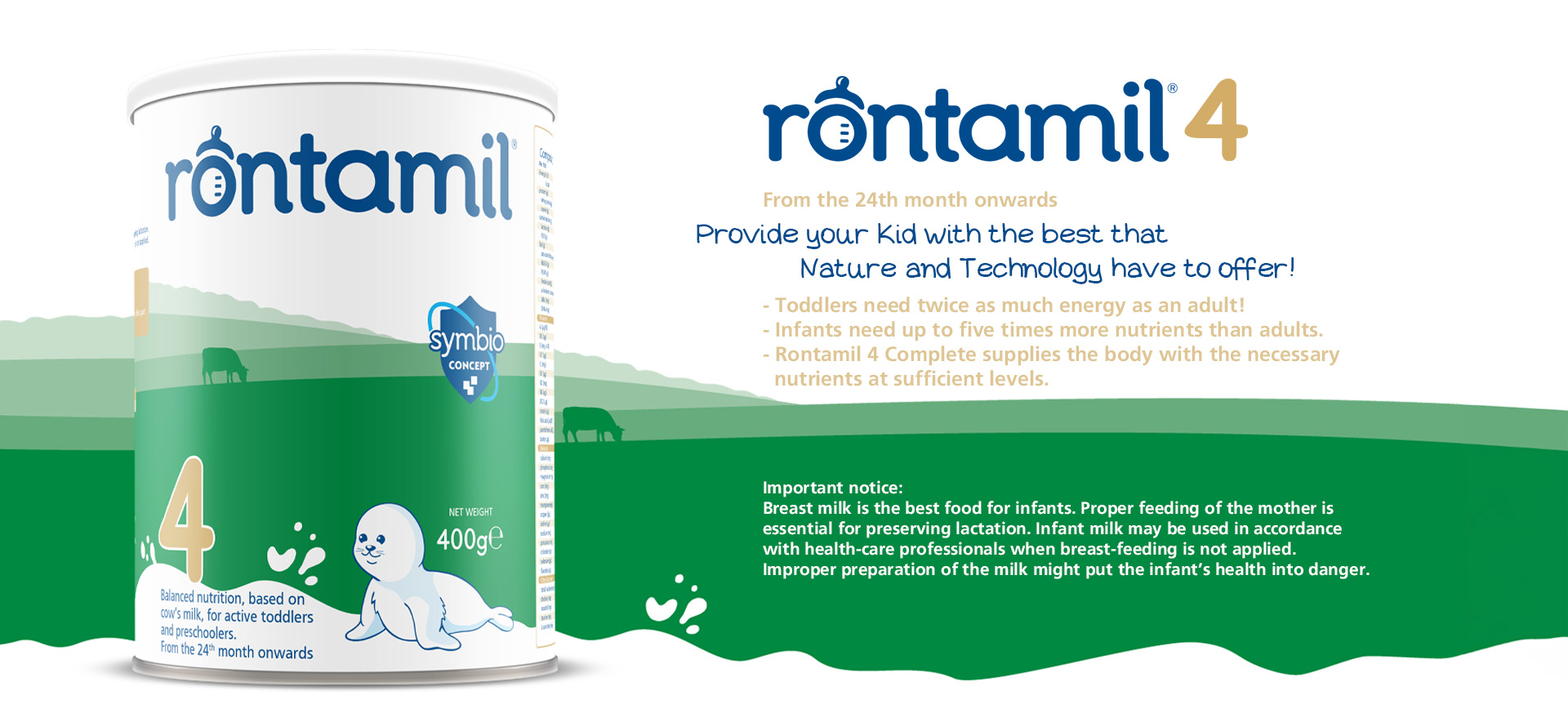Select your baby’s birth date or your due date.
Calendar
Development milestones associated to food intake
Feeding Skills
As infants mature, they gain the skills necessary to progress from eating strained complementary foods from a spoon to feeding themselves finger foods and eventually begin to feed themselves with a spoon. The development of skills follows a sequential pattern that is similar in most infants.
First, the major reflexive responses needed during early infancy diminish and the infant acquires the mouth patterns, and feeding skills required to consume more than infant formula or breastmilk.
Second, most infants have good head control and can sit with support between 4 and 6 months. An infant’s ability to control the neck and head as well as balance the trunk are required for the infant to sit without support.
Third, two significant developmental skills acquired during the self-feeding process are the palmer grasp -the ability to push something into the palm using the fingers- and the pincer grasp – the ability to hold something between their thumb and forefinger-, both developing between 6 and 8 months. When these skills have developed, infants can begin to feed themselves with their hands and try finger foods.
Hand and body skill development is an important factor in establishing when to introduce complementary foods as well as in determining the infant’s ability to eat foods of different textures as he or she grows older. When these skills are developed in conjunction with mouth pattern development, such as the ability to transfer food from the front to the back of the tongue to swallow, the introduction of complementary foods with a spoon is appropriate. The skills required for an infant to safely accept and swallow pureed complementary foods from a spoon typically appear during the 4- to 6-month period. From 9 months, most infants are capable of feeding themselves, drinking from a cup using both hands, and eating family foods with some adaptations (cut into bite sized pieces and eaten from a spoon, or as finger foods). However, every infant is unique. It is normal for infants to develop the skills and abilities needed for feeding progression at their own rates.



